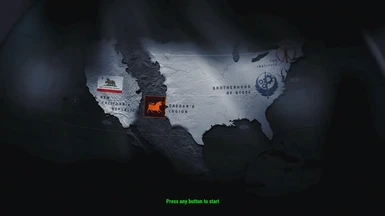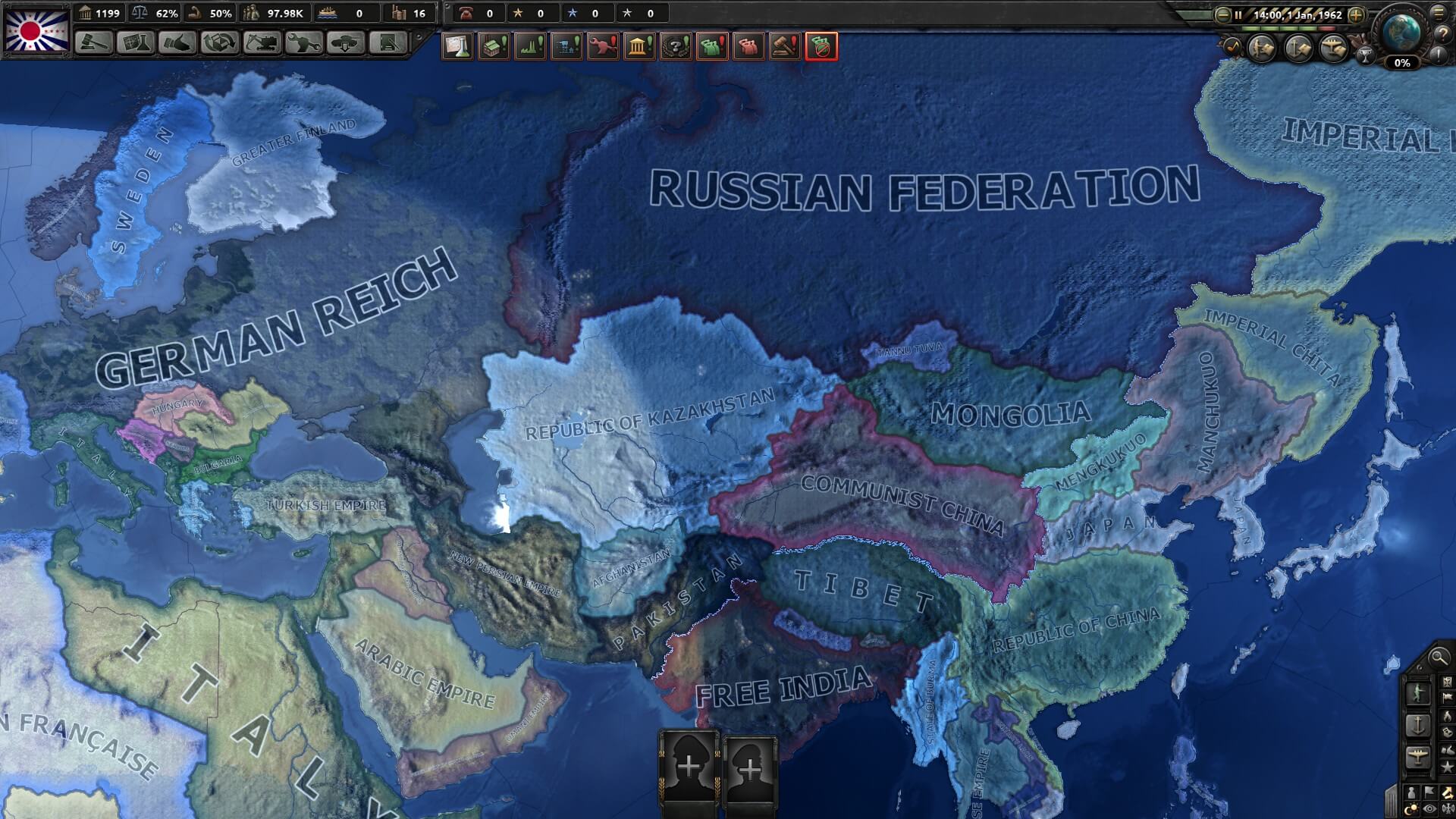

This crisis, adding to the Kaiser's reputation as an irresponsible firebrand, was defused without a war breaking out - but the outbreak had been merely delayed for a few years. Europe came close to war for the first time in 1911 with the Agadir Crisis, when Wilhelm II claimed Morocco.

Wilhelm II was obsessed with his colonial ambitions and began a naval rivalry with Britain on the advice of Admiral Alfred von Tirpitz, leading to an increasing isolation of a belligerent Germany. Considering Bismarck's foreign policy as too soft, the Kaiser dismissed the Iron Chancellor in 1890, replacing him with more malleable replacements. Friedrich's son, Wilhelm II, subsequently rose to the throne. Wilhelm I, the ruling Kaiser at the time, died on Mahis son and heir, Friedrich III, died also only 99 days later, due to incurable throat cancer. Under the pressure of Prussian Chancellor Otto von Bismarck (the "Iron Chancellor") Germany was finally united: The German Empire was proclaimed in the palace of Louis XIV, Versailles, on January 18, 1871. History Main Article: German Empire/History

As the main victor of the Weltkrieg, Germany controls a vast overseas empire with colonial holdings in Africa, Asia, and the Pacific. The German Empire was proclaimed on January 18, 1871, in the Hall of Mirrors of Palace of Versailles in the aftermath of the 1871 Franco-Prussian War. Germany is frequently considered the most powerful country in the world, with its influence stretching across much of the globe. The Empire is a semi-constitutional monarchy composed of twenty-seven constituent monarchical states, ruled by the Hohenzollern dynasty. Germany, or officially the German Empire (German: Deutsches Kaiserreich) is a country in Central Europe.


 0 kommentar(er)
0 kommentar(er)
